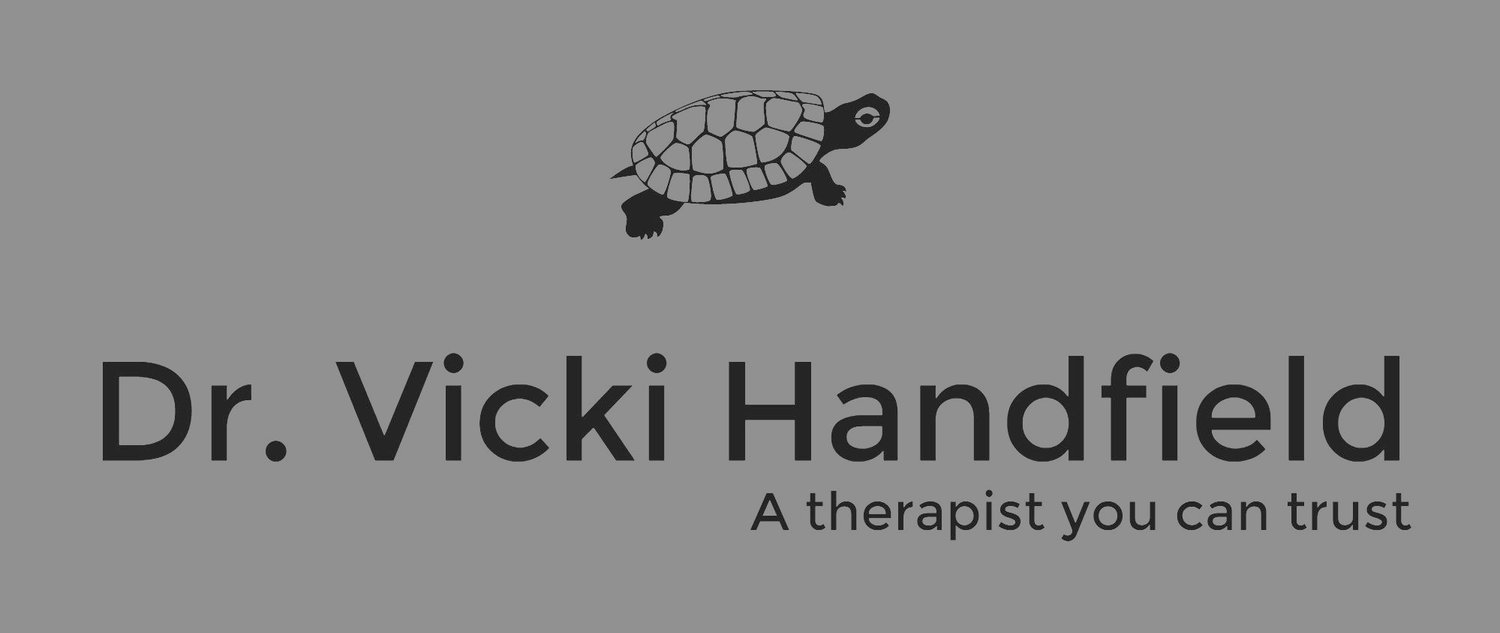First responders encounter traumatic events that have lingering effects on their well-being.
If you’re a first responder, you probably have experienced anxiety, stress, or depression as a result of trauma. First responders are the first ones to arrive at dangerous scenes. As a result, they often experience a dramatic shift in their mental health.
While it’s often necessary to be stoic when responding, first responders may struggle to process the impacts of these traumatic events later on. If this sounds like you, you are not alone. Working with an experienced mental health professional can help you process the details of your experiences and understand your unique symptoms. Everyone processes violent, awful scenes differently, as well as in similar ways. That may sound contradictory, but we are complex beings, each with our own reactions and ways of handling our reactions.
People who experience first responder trauma may notice feelings such as:
Chronic pain
Insomnia
Avoidance
Anxiety
Depression
Suicidal thoughts
Emotional numbing
Desire to withdraw from friends or family
Temptation, or tendencies to use alcohol and/or drugs
These and other symptoms can impact your mental health. As a mental health provider, I understand the toll trauma takes on your well-being. I work with first responders to create a personalized treatment plan with a combination of therapies that align with your needs.
Therapy can empower you to move forward.
Are traumatic events of your career experiences triggering mild, moderate or severe symptoms? These symptoms can keep you from moving forward. You may feel stressed and overwhelmed, unsure how to heal, or even if that is possible.
Anxiety, depression, and painful memories can affect your relationships and overall well-being. Working with a professional therapist can help you find a way forward and improve your quality of life. You can:
Develop strong boundaries
Improve communication skills
Gain clarity
Manage symptoms
Identity negative behaviors and thought patterns
Whether you’ve suffered from trauma for a few months or years, I can help. I can help you gain confidence to begin healing by combining therapy methods and mindfulness techniques.
Gain the confidence you need for a brighter future.
Nightmares, flashbacks, suicidal thoughts, and anger issues can keep you from doing your job well. These symptoms can also make you feel powerless. You may struggle to maintain relationships or to enjoy your favorite hobbies.
Unresolved trauma doesn’t have to rule your life. While it may seem easier to repress your symptoms and keep going, it eventually takes a toll on your health. I understand the challenge of complex trauma and can offer hope for healing.
Often, the wide-spread and long-standing tendency NOT to talk about these intense experiences actually solidifies the real inner problems. When it’s not acceptable to talk openly with others who have shared these experiences, it becomes automatic to keep them to yourself. Feelings of shame are very frequently associated with the desire, or need, to express yourself. The privacy of therapy is really helpful in this regard.
First responders are often very surprised that it can be deeply helpful to talk about their memories, their feelings - all the elements of their experiences that have been so troubling.
It’s very understandable that first responders have not felt comfortable talking about their experiences or feelings since the feelings do need to be suppressed during the events. One cannot respond effectively in emergency situations if the powerful feelings are able to come to the surface.
Frequently Asked Questions
If you have questions about first responder trauma, I am happy to answer them.
How Will Therapy Support First Responder Trauma?
I provide a compassionate and safe atmosphere for first responders. This type of trauma is long-term and requires a unique approach. I create personalized therapy plans that align with your personality and unique symptoms.
What Is the Difference Between First Responder Trauma and General Trauma?
First responders encounter high-stress situations that often involve life-or-death events. Emergency medical services, firefighters, and other first responders experience emotional distress that affects their mental health. These stressors are unique and very different from general trauma.
Support Your Mental Health Today
You don’t have to suppress your unique personal trauma. Contact Dr. Vicki Handfield today to schedule an appointment. I look forward to helping you manage your symptoms and begin healing.


